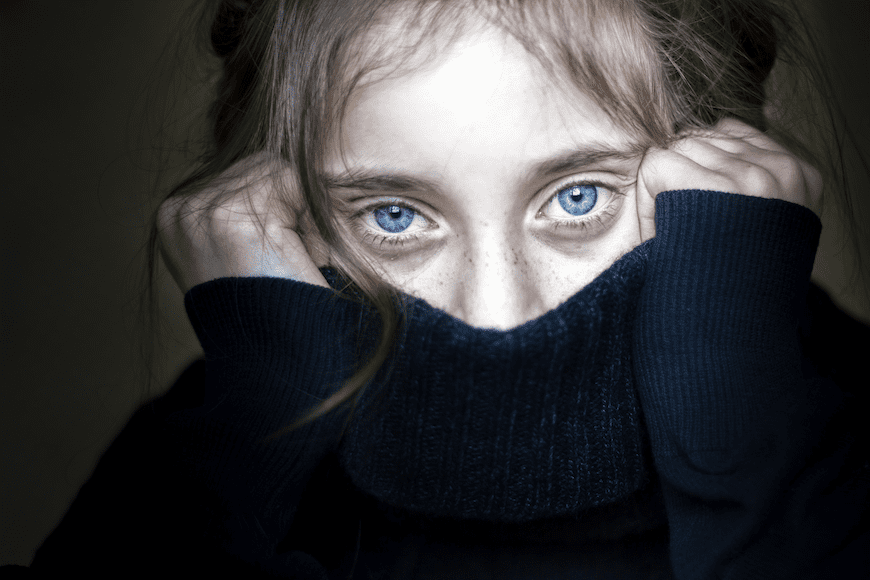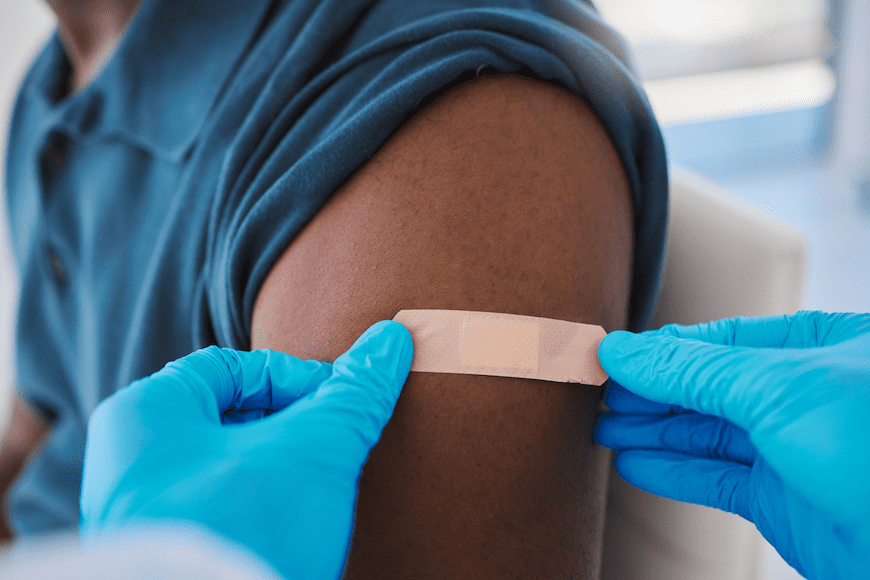As we settle into October – in a presidential year – few things are certain. As a result, waves of anxiety are washing over voters nationwide.
Now, a new Forbes Health survey – produced with Talker Research – confirmed that several months of electioneering and uncertainty are taking their toll. The pollsters quizzed 2,000 U.S. adults from across the country, uncovering the cracks this pressure is starting to produce.
With just a few weeks from election day – Nov. 5 this year – a growing number of Americans are wrestling with anxiety, stress, and even fear. And it appears that women and younger generations are suffering the most.
Fear and Loathing on Election Day
According to the survey, more than 60 percent of respondents admitted that the election had threatened their mental health – with 46 percent mentioning anxiety specifically. Stress emerged as another common reply, affecting 37 percent of respondents. Finally, 31 percent admitted to feeling outright fear.
“Election day anxiety is a natural response to the significant decisions we are asked to make,” Rufus Tony Spann, PhD, a licensed professional counselor and member of the Forbes Health Advisory Board, said.
The survey also showed that while most of us are fighting these internal battles, some are struggling with them more than others. Younger generations are more likely to report negative mental health impacts, with over 60 percent of them conceding that it bothers them at least a little.
On the other hand, only 56 percent of Baby Boomers – who’ve been through their share of heated election cycles – shared similar feelings. This generational divide in political anxiety likely stems from younger generations being more plugged into the 24-hour news cycle, particularly through the polarizing lens of social media.
Gender – as it usually does – also plays a role in how the election is messing with our collective mental health. While men and women are buckling under the strain, women appear to be slightly more affected. Nearly two-thirds of them – 63 percent – reported negative mental health effects compared to 58 percent of men.
Handling the Stress
Spann suggests that, at least for some, this trepidation stems from previous elections with controversial results that led to social or political backlash. Communities that felt vulnerable then might be expecting the same this year, making them uneasy.
When it comes to handling this election-related stress, survey respondents shared several coping strategies. The most common include:
- 44 percent started turning off the news.
- 25 percent of them resort to discussing issues with their friends and family.
- 29 percent are closing their social media apps.
It’s worth noting that Gen Z leans toward more creative – if potentially destructive – outlets, embracing emotional eating (23%) and alcohol or substance use (15%).
Unexpected Consequences
But it’s not all bad news. While respondents talked the most about their anxiety, stress, and growing fears, some of them also saw silver linings. More than a quarter of them – 27 percent – felt optimistic about the upcoming election while 22 percent of them said they were excited. Men, in particular, appeared to be the most hopeful.
The survey also illustrated how this hand-wringing over politics stretches beyond emotions and spills over into our professional lives. Nearly a third of them – 30 percent – admit election concerns are hurting their performance at school or work. Gen Z (53 percent) and Millennials (42 percent) felt this most acutely.
Finally, the widening political divide is taking its toll on personal relationships, too.
- 19 percent report a falling out with a friend over political disagreements.
- 8 percent reported similar issues with family members.
- And 30 percent of Gen Zers said that their relationships with older family members have suffered over politics.
Navigating Choppy Waters
Despite all of this, a healthy number of Americans manage to navigate political discourse gracefully. Forty-two percent of respondents said they felt comfortable sharing their political views with friends. And 31 percent felt they could do the same with their significant other.
It’s nearly impossible to escape politics as election day approaches, especially on social media. As we race toward election day, one thing remains certain. Political anxiety is a growing part of everyday life for most Americans. But by embracing healthy coping mechanisms and setting boundaries, individuals can protect their safeguard their well-being against the backdrop of negative ads and loud pundits.
Further Reading
The Psychology of Political Polarization



